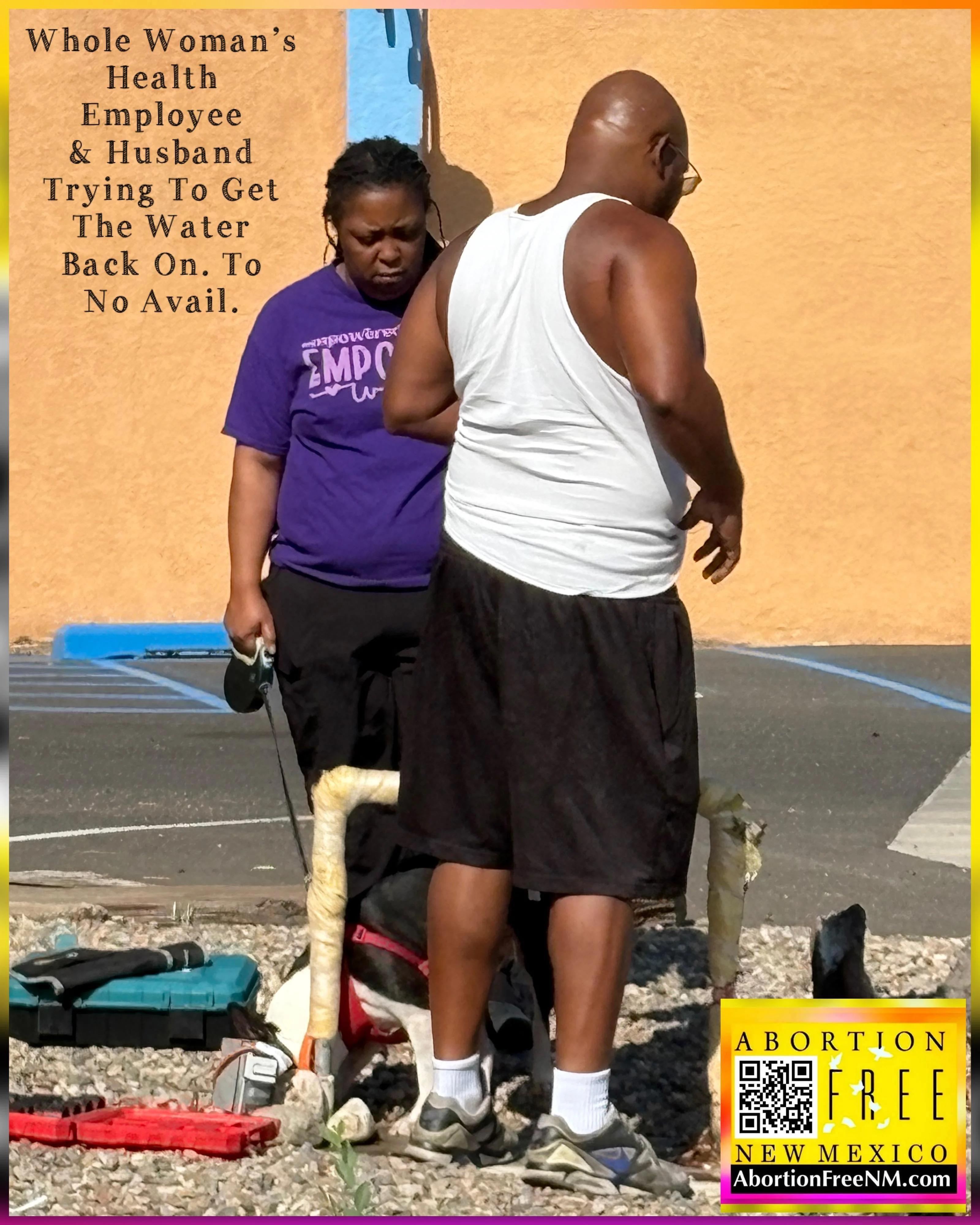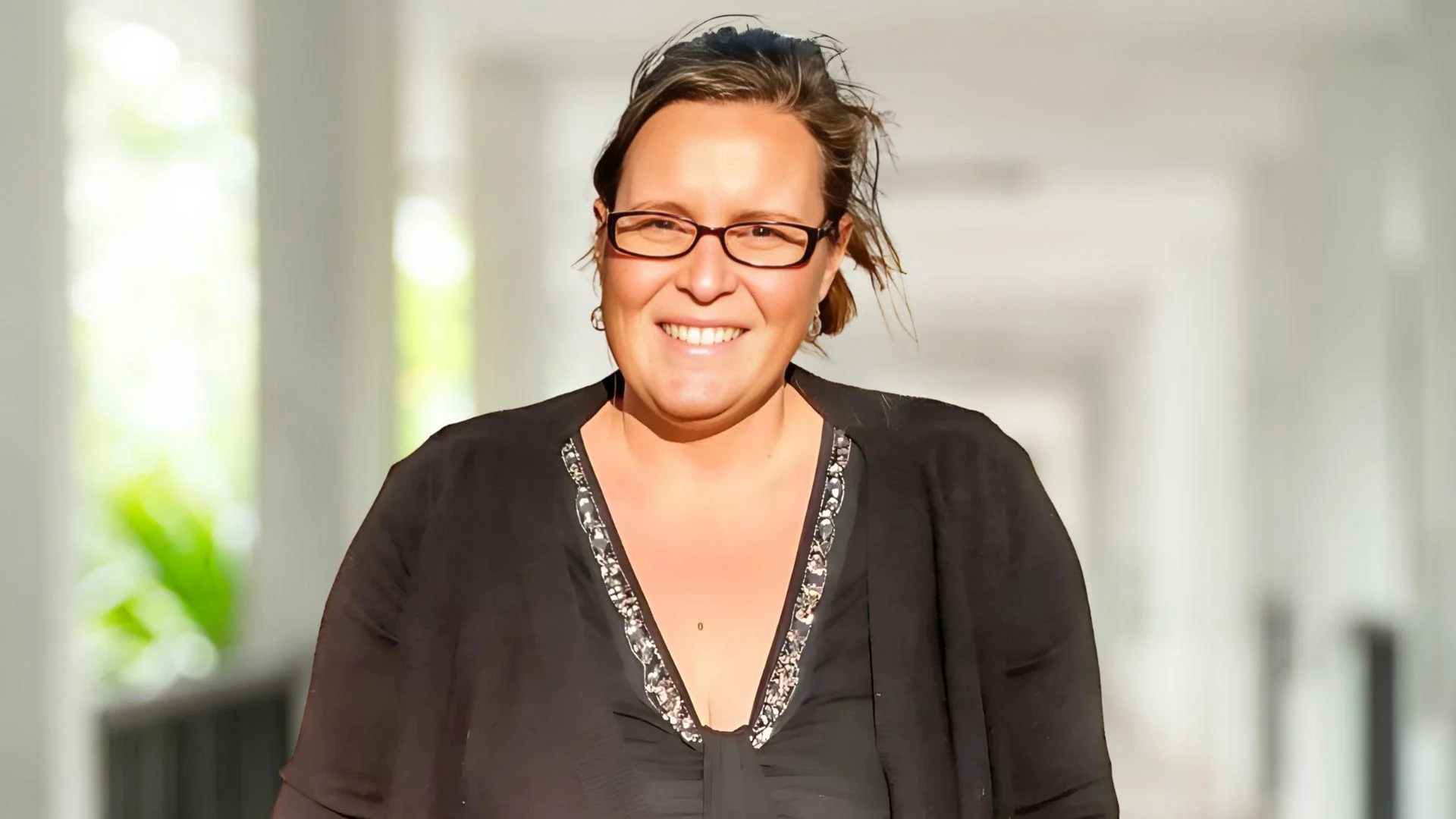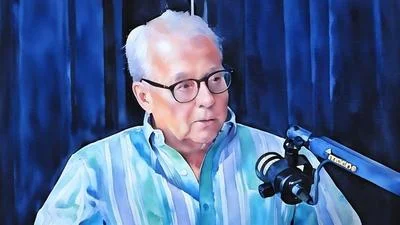Abortion Free New Mexico (AFNM) has announced that volunteers discovered the Whole Woman’s Health abortion center in Albuquerque was operating without running water during a visit on August 16.
According to AFNM, volunteers reported that during their visit, the building had no running water, a fact confirmed by the Water Authority. A worker’s husband was later observed attempting to repair the main water line while at least two abortion procedures were conducted. State regulations mandate that licensed facilities must provide safe, running water to operate all fixtures and equipment.
"Whole Woman's Health was operating without running water at their grisly abortion center. Were they seriously not even washing their hands in between abortion patients? Apparently, sanitation is not a main priority for this facility," said Tara Shaver, spokeswoman for AFNM. She further said that any decent business performing invasive outpatient surgeries would have canceled appointments until the water issue was resolved. Shaver also noted that having an unlicensed employee's spouse attempt repairs violated New Mexico Regulation and Licensing Department's Construction Industries Division rules.

The Albuquerque Whole Woman’s Health center provides abortions up to 22 weeks of pregnancy and operates four other locations across the country. According to AFNM, reviews from previous patients have mentioned instances of medical complications following procedures at this and other centers.
"Women deserve better than abortion, but unfortunately many think that it is their only option. We exist to change that and will seek accountability for substandard abortion businesses that think they are above the law," Shaver added.
Abortion Free New Mexico is led by Bud and Tara Shaver, who have been full-time missionaries since 2010 with a focus on ending abortion in the state. The organization employs research, public awareness, and advocacy for oversight to target abortion providers and related institutions through initiatives such as medical investigations, local referendums, and public campaigns. Their efforts have highlighted abortion practices in Albuquerque and promoted policy changes through community outreach and exposure.





